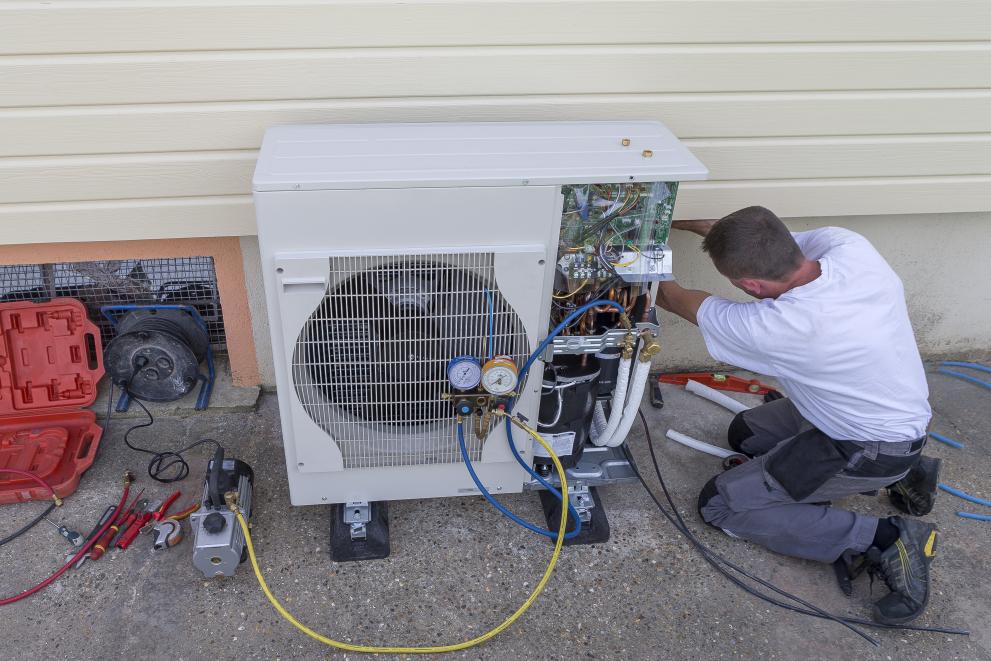
A new JRC study – EU challenges of reducing fossil fuels in buildings – concludes that to meet EU decarbonisation goals, building renovations must not just be about energy efficiency – they must also take into account the urgent need to switch fossil fuel-based heating systems, like gas, coal and oil, to low-carbon alternatives.
This report is the first to quantify the extent of the renovation needed for switching heating systems from fossil fuels to low-carbon alternatives. By 2030, at least 40 million existing building units should switch their fossil-fuel boilers to low carbon heating alternatives – mostly heat pumps.
The study contributed to the ongoing revision of the Energy Performance of Building Directive (EPBD), part of the Fit for 55 package announced yesterday. It is also relevant to the ongoing revision of the Energy Efficiency Directive, and the Ecodesign Directive that sets EU-wide sustainability requirements for heating devices.
Taking a number of energy scenarios together with the Renovation Wave Strategy, a 60% reduction in oil and coal use is foreseen, and a 30% reduction in natural gas use in all buildings by 2030 compared to 2019. The main challenge is that these reductions in fossil fuel use and related greenhouse gas emissions must happen soon.
The study confirms that by 2030, the market for envelope renovations (insulation) could double. But it also brings a new insight: to reach EU climate goals, the market for heating system renovations would ideally triple.
The extent of the decarbonisation required of heating systems is such that any renovations not involving a fuel switch should be avoided from around 2025 for dwellings currently using oil or coal, and soon after 2030 for dwellings using natural gas. For oil, the required rate of replacement is double the currently observed rate of replacement, which currently includes like-with-like replacements, which means that simply stopping the installation of new oil or coal heating devices would not be enough.
The report finds that replacing fossil fuel boilers with newer fossil fuel boilers should be discontinued as soon as possible for oil, and between 2025 and 2030 for natural gas. As a consequence, many more households should participate in energy or heating system renovations: around 30% of EU households by 2030, and more than 85% by 2050.
You can access the report here.
Related Content
JRC report: EU Challenges of reducing fossil fuel use in buildings
Details
- Publication date
- 16 December 2021
